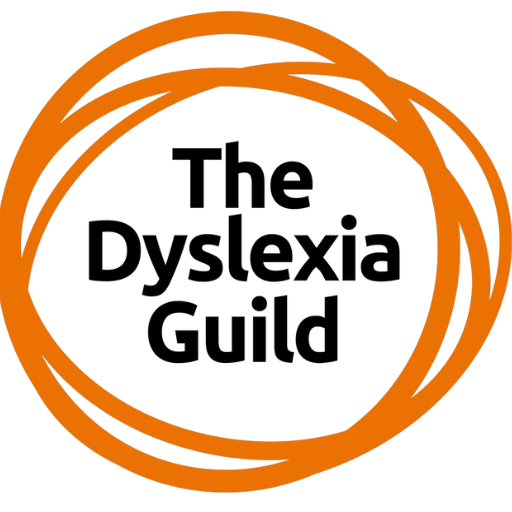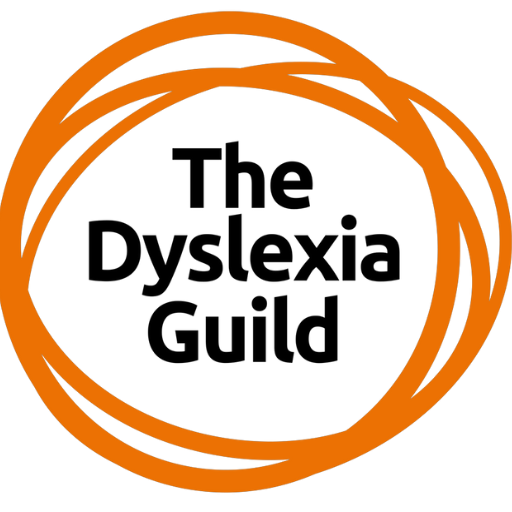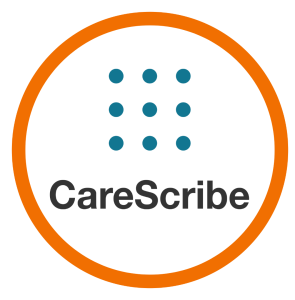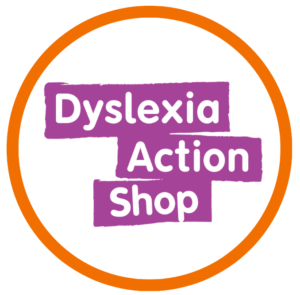 Site Navigation
Site Navigation


Registration for this event has now closed.
If you have any queries please email guild@dyslexiaaction.org.uk
Join us online on Wednesday, 2 July 2025 for a chance to hear expert views and examine current topical issues relating to dyslexia and other SpLDs.
You’ll have the chance to listen to our four keynote speakers, who will be providing presentations about morphology, understanding and supporting dyslexia and ADHD, assessing language in adults, and guidance about gathering and interpreting qualitative data during assessments! You will also have the opportunity to attend some add-on sessions, including a talk from a behavioural optometrist, Dyslexia Action’s Shop 30th anniversary, new products for 2025 and funded apprenticeships!
Why not benefit from taking time out of your daily schedule to learn and reflect on cutting-edge practice.
Gain a 5-hour CPD attendance certificate (2.5 hours of which is SASC accredited) when you attend this event.
![]()
£96 Guild Member Rate
(£80.00 + £16.00 VAT)
£138 Non-Guild Member Rate
(£115.00 + £23 VAT)
Please note:
Not yet a member of the Guild? Join now* to attend at the member rate, membership prices start from £46 +VAT.
Our membership body is open to all those with a professional or general interest in dyslexia and specific learning difficulties (SpLD). Professional members hold designatory letters and include primary and secondary teachers, SENCOs and teaching assistants as well as further and higher education support tutors, advisory specialists and exam access arrangements assessors. Our network is also highly relevant to dyslexia and specific learning disability assessors, librarians and other specialists through Affiliate membership.
*If you are joining the Guild to receive the members’ conference rate you must join and have confirmation of your membership before you login and register for the annual summer conference as the member rate and discount cannot be applied in retrospect.

Dr Jose Javier Aguado Orea – Dr Aguado-Orea describes the development of an adult measure aimed at screening people that might have missed a developmental language disorder diagnosis during childhood. He also reports very recent data on a novel implicit learning linked to this measure. He is hopeful that this task will inform us about how children learn language early on and believes this could be sensitive to language-related difficulties later on in life, including dyslexia.

Colin Foley – Current research would suggest that 50% of people with ADHD will have a specific learning difference like Dyslexia. Yet comorbid neurodiverse conditions are often missed. This presentation will explore why this is and how ADHD interacts with Dyslexia.
Colin is the Training Director of the ADHD Foundation, the largest ADHD charity in Europe. Following a twenty-five-year teaching career, including ten years in school leadership, Colin has led the Training team at the ADHD Foundation to become the largest provider of training for professionals on ADHD in the UK, working with over 13,000 professionals from a range of sectors in the last year.
He will outline the challenges for individuals and will offer practical strategies for professionals and parents/ carers to support both conditions in combination, particularly in educational and workplace settings.

Professor Helen Breadmore – Morphemes are the smallest meaningful units in language, which determine the meaning and spelling of words, and have a grammatical role that contributes to sentence comprehension and construction. To use this information effectively, we need to know about the meaning and spelling of morphemes, and be able to use this knowledge to manipulate the structure of words. Helen’s research explores how and when we process morphological information and the roles of morphological analysis, decoding and awareness in reading and spelling. This work has shown that individuals with phonological awareness weaknesses do not necessarily have weaknesses in morphological skills, suggesting this could be a particularly important skill to support for remediation of literacy difficulties.
Helen is a Professor of Literacy and Psychology in Education (Department of Education and Social Justice, University of Birmingham). Her research focuses on understanding the processes and skills that underpin successful reading and writing, and the educational approaches that are most effective in supporting those skills. She is particularly interested in understanding the role of morphology (the meaningful structure of words), and much of her work explores the time course of morphological and other cognitive processes used during reading and writing.

Louise Van der Valk – Qualitative data is an important component when drawing together assessment results. Background information gathered through questionnaires and interviews is an important consideration when forming conclusions. Additionally, for many younger learners, examining performance in a qualitative way can help formulate targeted interventions. This observational data can also provide information about strengths as well as challenges. This presentation will outline how to consider this kind of data and after the presentation, Louise and Dr Anna Smith will be available to answer your questions about assessment practice.
Louise is a highly experienced teacher and qualified specialist assessor, with over 30 years of experience in teaching and supporting learners with a wide variety of needs and in different educational settings. She has been a SENCo in the state sector and in the independent sector for over 20 years, and is now in private practice on a full-time basis. Louise qualified as a specialist teacher assessor with Dyslexia Action and has held an Assessment Practicing Certificate since 2007. She regularly carries out full diagnostic assessments for young children, teenagers and adults. Louise has co-written courses on Access Arrangements and is a tutor on Real Training’s Access Arrangement course and on their Dyslexia: Professional Report Writing Course. She is part of the APC renewal team for the Dyslexia Guild and has helped to deliver training on this process, as well as on Access Arrangements. Louise became a Fellow of the Dyslexia Guild in 2019. After being a member of STEC (SpLD Test Evaluation Committee) for over 5
years, Louise became Chair of STEC in 2024. As part of SASC, the SpLD Test Evaluation Committee regularly reviews and evaluates new tests to determine whether they should be included on the SASC test list. Louise has also been involved in the development of the new report writing format.

CareScribe is an award-winning assistive technology company, based in Bristol who build software which supports disabled and neurodivergent people to work and study independently. The vision? To create an accessible future. They are progressing towards their vision with two products: Caption.Ed and TalkType.
Caption.Ed is a note-taking and captioning software, which helps people better comprehend and retain the huge amounts of information thrown at them in their busy lives. TalkType is highly accurate, lightning-fast dictation software.
Adam Newson, DSA Specialist – Assistive Tech Consultant, will guide you through CareScribe’s products and how they’re making assistive technology for more accessible learning.

The Dyslexia Action Shop has a large range of products for all your learning resource needs, from assessment tests and supplementary materials to books, games and much more. Having been established for 30 years, the shop has experience and expert understanding of the assessments and support materials used in today’s education institutions.
Monica Vashisht, Shop and Product Manager will be giving an overview of the shop’s 30th Anniversary and new products on the market.

Amanda Woolf, Head of Sales and Marketing – will be providing an introduction to the new Level 5 Specialist Teaching Assistant apprenticeship and how to access funding via the apprenticeship levy. With a focus on literacy, this programme will provide the knowledge, skills and behaviours to enable participants to plan, deliver and evaluate learning, assessments and interventions, to support individuals, small groups and whole class literacy learning.
Registration for this event has now closed. If you have any queries please email guild@dyslexiaaction.org.uk